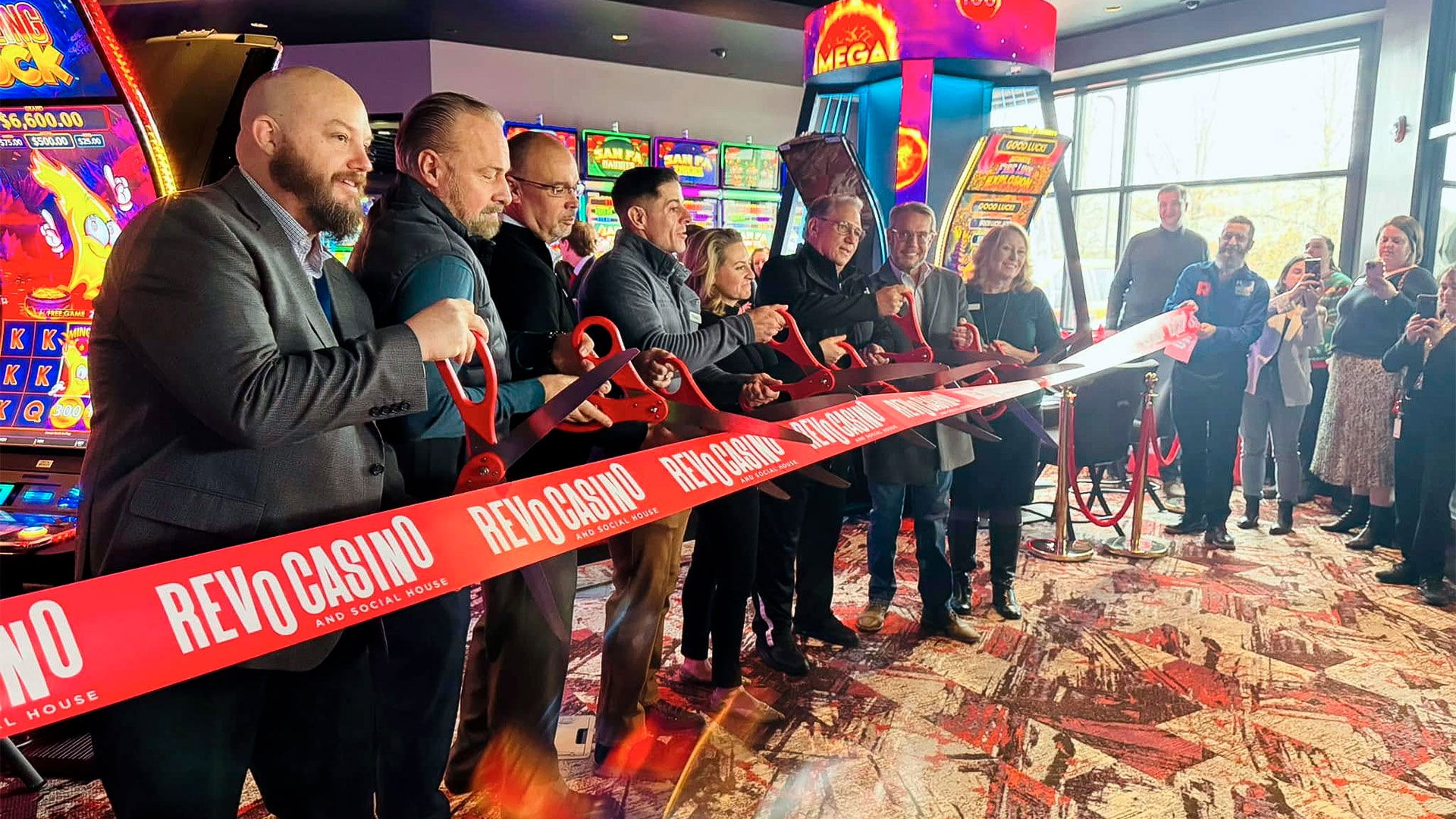Gambling trailblazer Steve Norton, who ran the first U.S. casino outside Nevada, passes away at 89

Steve Norton, the visionary behind Resorts Casino in Atlantic City, the first U.S. gambling facility outside Nevada, passed away at the age of 89. Norton, who spent over 50 years in the sector, was known for his pivotal role in establishing and advising casinos worldwide.
His son, Rob Norton, President of Cordish Gaming, confirmed his father's passing, citing an accident at his Oceanside, California home as the cause, The Associated Press reported.
Norton's legacy began as the Executive Vice President of Resorts when it opened on May 26, 1978. The casino's overwhelming success prompted Norton's influence on the national casino industry. He played a key role in the creation of the American Gaming Association, serving as its sole founding director from outside Nevada.
Throughout his career, Norton worked with various companies, including Sheldon Adelson's Las Vegas Sands Corp., Gold River Gaming, and Argosy Gaming. Beyond the U.S., he advised governments in Singapore, South Korea, Kazakhstan, Andorra, and the Netherlands Antilles on the establishment and operation of gambling facilities.
“Steve was an early and influential gaming executive in Atlantic City and at Resorts,” the casino's current president, Mark Giannantonio, was quoted as saying in the report. “He was an important leader in the Atlantic City market dating back to the 1970s. He was always a pleasure to speak with over the years, and a true gentleman in our business.”
Norton's expertise extended to guiding state governments, such as Louisiana, Illinois, and Indiana, on the implementation of riverboat gambling. In 1998, he founded his gambling consultancy company based in Indiana.
Resorts' initial monopoly outside Nevada lasted 13 months until Atlantic City introduced new casinos, currently totaling nine. Norton's impact on the industry and dedication to addressing gambling addiction left an enduring mark on the evolution of casinos both in the U.S. and globally.
Speaking to AP, his son Rob said: “Steve was instrumental in the proliferation of gaming expansion that occurred outside Nevada. In New Jersey, he personally identified the opportunity, did the market feasibility and economic impact studies, and worked with the legislators and Attorney General’s office in drafting the Casino Control Act and the regulations that allowed casinos to open in 1978.”
“He recognized early that the industry’s biggest threat to growth was the issue of problem gaming, so he led the charge in changing the way the industry addresses the critical issue and helped create the first programs that embraced education, recognition, and treatment, of the disease,” Rob added.


















































